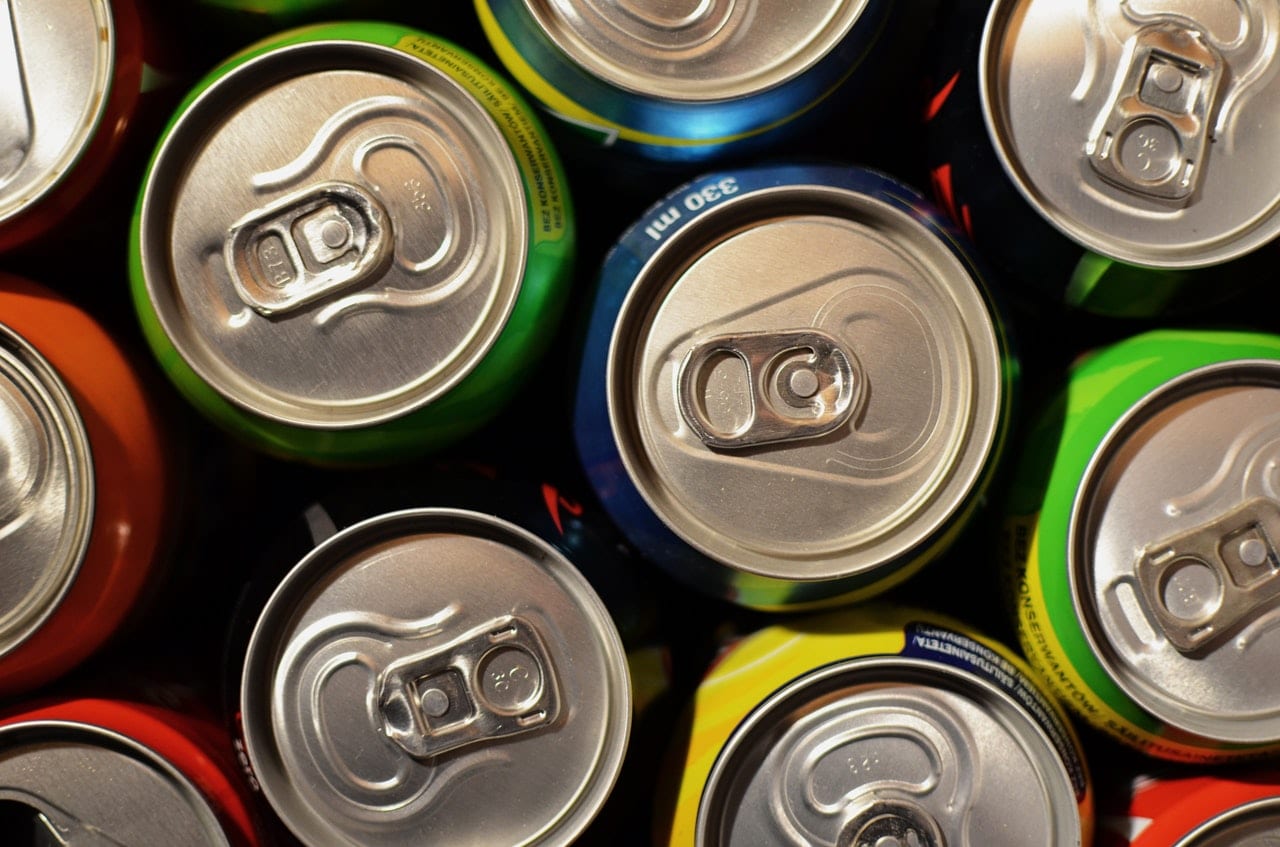From cultivation, crop management, preserving, butchering, and more… food production processes require a lot of time and monitoring of machinery to maintain health standards and food quality. Food production involves emulsification, curing food, pasteurization, gasification (liquids), and more. Here are different food production processes that need to use pumps that withstand heavy workloads for a long time.
IMAGE: PEXELS
1. Dairy Pumps
From cream cheese or cream dessert to stirred yogurt, producing these dairy products requires a thorough knowledge of adaptive technology. Because jellified milk and cream is fragile, they could be sheared in the process if a soft mixing technique is not used. A lot of manufacturers use cavity pumps or transfer pumps for this reason.
2. Beverage Pumps
Food and beverage pumps are used to make sure that end products leave consumers satisfied as tastes constantly shift. The problem is, there are usually high volumes that must be produced to meet demands – with an overwhelmingly high production schedule.
3. Convenience Food Pumps
Fast food industries need dosing and filling systems. They typically contain components such as food grade hoses and are usually engineered for more high-pressure situations. Inline dynamic mixers are a great purchase. They mix heterogeneous, homogeneous, viscous and other shear-sensitive products – with or without the pieces from animals.
4. Vegetable & Fruit Pumps
These types of pumps are responsible for transferring fragile fruit and veggies that would easily break if humans were to transfer them. It is important for these pumps to maintain the nutrients in produce, and ensure that green waste requirements are economically met. From the water transport to the aerations and enzyming tank, to the separation and juicing, these hygienic systems are important for chopping and pumping a variety of produce.
5. Starch And Sugar Pumps
The sugar industry is unbeatable, right now – who doesn’t love surgery sweets and food? Most in the industry use rotary lobe pumps that fit the bill to work with extremely high viscous media. Food diaphragm pumps perform small, metered doses of low viscosity products. This is a crucial process because starch is incredibly vicious, pumps are frequently operating under large workloads and heavy demand (30,000 mPas.) That’s why these pumps are usually made of stainless steel, and usually have a pressurized chamber.
6. Animal Food, Fish & Meat Pumps
Processing meat and fish pumps must be CIP/SIP capable and comply with 3-A Sanitary regulations. Progressive cavity pumps are used to pump sausage and chicken – and are often pumped without mixing with other meats and fats. Whether the material is whole round fish, liver, or the heads of fish and animals, disinfection usually happens when the process is used with aqueous ozone additives.
7. Industrial Bakery Equipment & Pumps
Whether you’re manufacturing bread, croissants or pastries (before cooking), the kneading, relaxation, shaping, topping, fermentation, scarification, and more must be done. This is a demanding process: chocolates, for example, require up to 20,000 mPa.s. This is why it is ideal for the dosage and topping/injection subsystems to fully clean in place.
8. Pharmaceutical Hygienic Pumps
From mixing, metering, to heating and cooling, a lot goes into manufacturing for the pharmaceutical industry. These pumps must have an EHEDG test certificate and a QHD certificate. While being suitable for a variety of liquids, these pumps must also dilute buffers and concentrates, add additives, adding stabilizers to active ingredients, etc.
Conclusion
Each of these food production processes requires a different pump. The processes of them are complex and there is no room for a mistake.
If you are interested in even more technology-related articles and information from us here at Bit Rebels, then we have a lot to choose from.


COMMENTS